Audi and partners piloting project to turn faulty car glass into new windowpanes for the Audi Q4 e-tron
Green Car Congress
APRIL 26, 2022
Faulty car windows often go in the recycling bin when the cracked part cannot be fixed. A closed material circuit does not yet exist for damaged car glass. Using an innovative recycling process, the car windows are first broken into small pieces. That plate glass is then turned into a new car window.

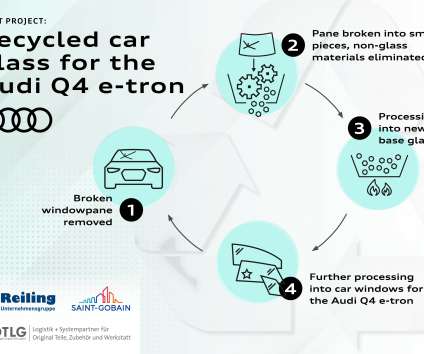

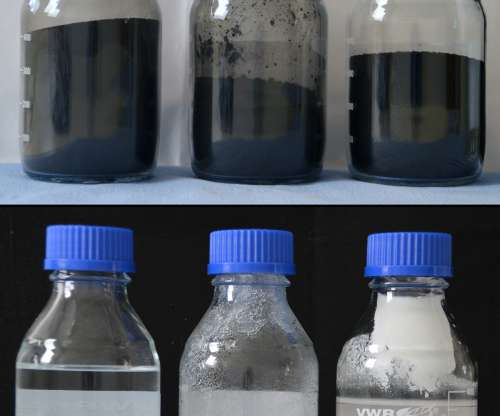
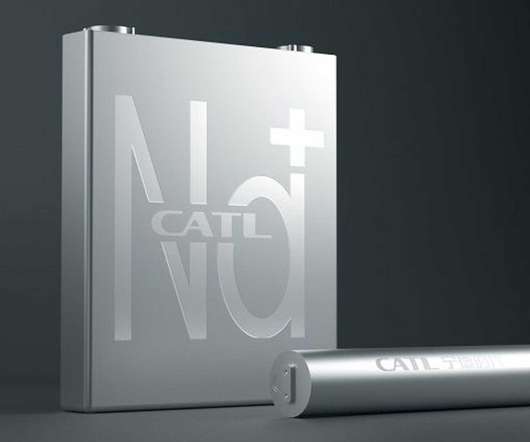


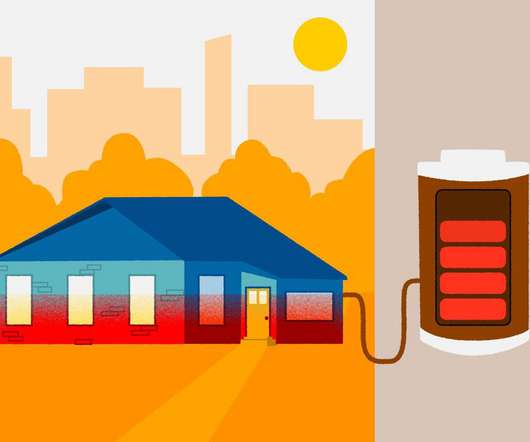




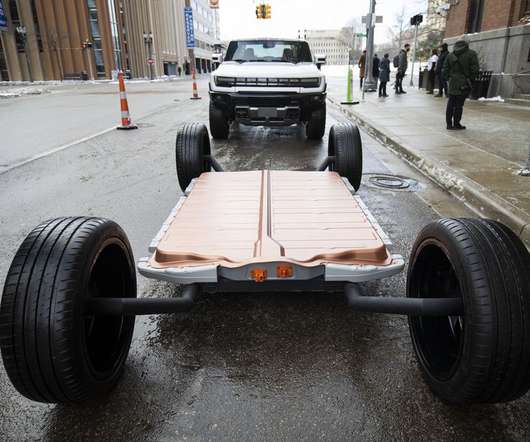

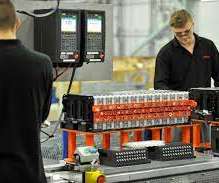
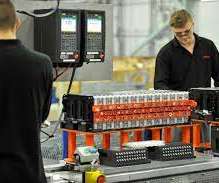






Let's personalize your content